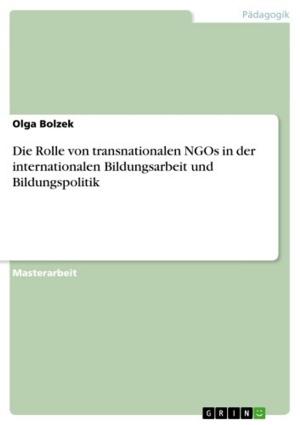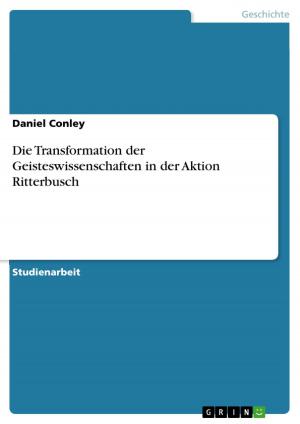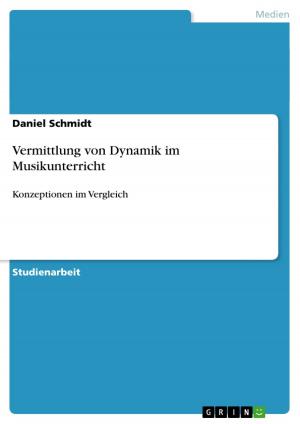Homelessness and sense of Belonging. A Liminal Analysis of Jamil Ahmad's Wandering Falcon
Fiction & Literature, Literary Theory & Criticism, British| Author: | Inbisat Shuja | ISBN: | 9783668478404 |
| Publisher: | GRIN Verlag | Publication: | July 7, 2017 |
| Imprint: | GRIN Verlag | Language: | English |
| Author: | Inbisat Shuja |
| ISBN: | 9783668478404 |
| Publisher: | GRIN Verlag |
| Publication: | July 7, 2017 |
| Imprint: | GRIN Verlag |
| Language: | English |
Bachelor Thesis from the year 2017 in the subject English - Literature, Works, grade: A, , language: English, abstract: The research aims at exploring the homelessness and sense of belonging, depicted in the book, and its impact on the characters. It also endeavors to explore the liminal experiences of the people residing on the Baluchi-Irani border. It also endeavors to analyze the façade of the civilized world by juxtaposing the Structure and Communitas. This scope of the study is the border-zone lives of tribal communities in Pakistani society. The focus of the study will be the border of Pakistan where Baluchistan, Iran and Pakistan meet. The research will focus on the 20th century but importance will be given to the 1970s, the decade in which the book was composed, along with the political chaos which was widespread. The study will highlight the homeless, liminal, existences of the people living on the border zones and how this liminal existence sometimes prove to be beneficial for them. The concept of border has always been associated with geography and law. The geographical concept of border visualizes border as a physical or visible line of division between provinces especially countries. But in the last few decades the concept of border has undergone a change, in academic studies, they are progressively seen as constantly changing phenomenon that can emerge, disappear and re-emerge. They are no longer perceived as barriers but contact zones. So in our society border zones can be seen as no man's land or inhabited places. Jamil Ahmad is a Pakistani novelist and story writer. He is known for his book ' The Wandering Falcon' which was short listed for Man Asian Literary Prize in 2011. He was a civil servant who was appointed for 18 years in the tribal areas of Pakistan. He was a political agent in Quetta, Chaghi, Malakhand, Khyber and finally in Baluchistan. The book was composed in 1970s but it was published in 2011, three decades after its composition.
Bachelor Thesis from the year 2017 in the subject English - Literature, Works, grade: A, , language: English, abstract: The research aims at exploring the homelessness and sense of belonging, depicted in the book, and its impact on the characters. It also endeavors to explore the liminal experiences of the people residing on the Baluchi-Irani border. It also endeavors to analyze the façade of the civilized world by juxtaposing the Structure and Communitas. This scope of the study is the border-zone lives of tribal communities in Pakistani society. The focus of the study will be the border of Pakistan where Baluchistan, Iran and Pakistan meet. The research will focus on the 20th century but importance will be given to the 1970s, the decade in which the book was composed, along with the political chaos which was widespread. The study will highlight the homeless, liminal, existences of the people living on the border zones and how this liminal existence sometimes prove to be beneficial for them. The concept of border has always been associated with geography and law. The geographical concept of border visualizes border as a physical or visible line of division between provinces especially countries. But in the last few decades the concept of border has undergone a change, in academic studies, they are progressively seen as constantly changing phenomenon that can emerge, disappear and re-emerge. They are no longer perceived as barriers but contact zones. So in our society border zones can be seen as no man's land or inhabited places. Jamil Ahmad is a Pakistani novelist and story writer. He is known for his book ' The Wandering Falcon' which was short listed for Man Asian Literary Prize in 2011. He was a civil servant who was appointed for 18 years in the tribal areas of Pakistan. He was a political agent in Quetta, Chaghi, Malakhand, Khyber and finally in Baluchistan. The book was composed in 1970s but it was published in 2011, three decades after its composition.















